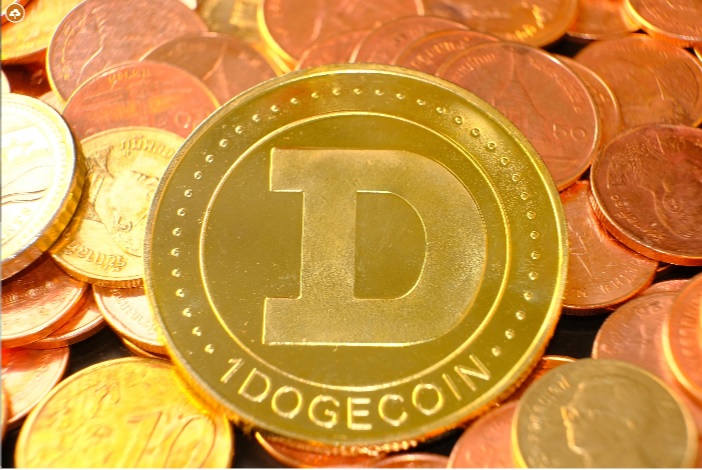Dogecoin (DOGE) started as a joke in 2013, featuring the iconic Shiba Inu dog and broken English captions. Yet, this playful pup has become a surprisingly powerful force in the cryptocurrency world. While major cryptos like Bitcoin focus on decentralization and store of value, Dogecoin thrives on its fun and engaged community.
This post dives into the surprising world of DOGE:
From Meme to Market Mover
Dogecoin’s journey is nothing short of remarkable. Created by software engineers Billy Markus and Jackson Palmer, it was intended as a satirical response to the wild speculation in the crypto market at the time. However, DOGE quickly gained a loyal following, particularly on Reddit’s r/WallStreetBets forum. This enthusiastic community has used DOGE for online tipping, funding charitable causes (remember the Jamaican bobsled team?), and even influencing the price through coordinated actions.
DOGE: The Technically Friendly Crypto
Unlike some complex cryptos, Dogecoin is designed to be accessible. Its mining algorithm is less demanding than Bitcoin’s, and its capped supply of 128 billion coins makes it inherently inflationary – perfect for those who see it as a currency for everyday transactions, rather than a digital gold. Transaction fees are also negligible, further adding to its user-friendliness.
Dogecoin (DOGE) Price Chart
The Doge Trailmap: Charting a Course for the Future
In 2021, the Dogecoin Foundation unveiled a roadmap for the future, called the Dogecoin Trailmap. This ambitious plan outlines several key projects, including:
The Trailmap signifies a shift towards a more technical focus for Dogecoin, with the potential to improve its scalability and usability.
Environmental Impact: A Bark in the Right Direction?
One criticism of Dogecoin is its reliance on a proof-of-work mining process, similar to Bitcoin. This method requires significant computing power, leading to high energy consumption. As environmental concerns rise, Dogecoin’s reliance on proof-of-work could be a sticking point for some investors.
However, there are discussions within the Dogecoin community about exploring alternative, more eco-friendly consensus mechanisms like proof-of-stake. While no official decisions have been made, it’s a sign that the Dogecoin developers are aware of the environmental impact and are open to potential solutions.
Is DOGE a Viable Investment?
This is the million-dollar question (or should we say, million-DOGE question?). Dogecoin’s value is undeniably tied to its passionate community and the whims of online influencers like Elon Musk. This volatility makes it a riskier proposition than some established cryptos.
However, DOGE’s strong brand recognition, growing acceptance by merchants, and the potential for future developments mean it shouldn’t be entirely dismissed. Consider DOGE as a speculative play, a way to add a bit of fun to your crypto portfolio, but always invest responsibly and do your own research.
So, is Dogecoin the future of finance?
Probably not. But, it’s a fascinating example of how online communities can create value and challenge the status quo. Whether you’re a seasoned crypto trader or a curious newcomer, Dogecoin’s story is a reminder that the crypto world is full of surprises – and maybe a dose of Dogeish fun.Understanding the Differences Between Dogecoin and Bitcoin: A Comprehensive Guide
Litecoin’s Role in the Cryptocurrency Ecosystem

